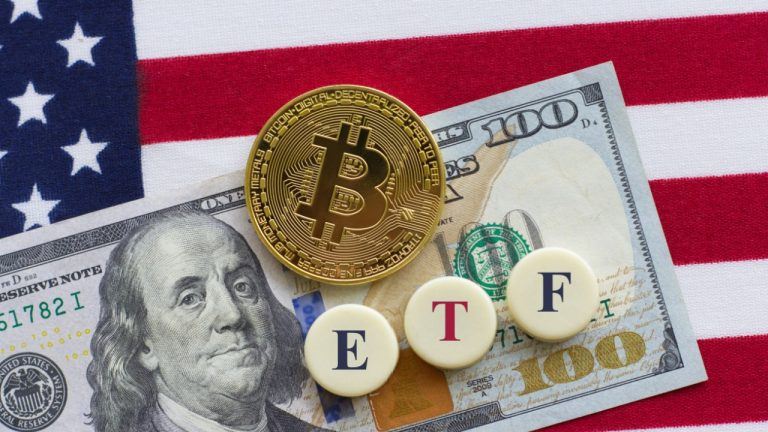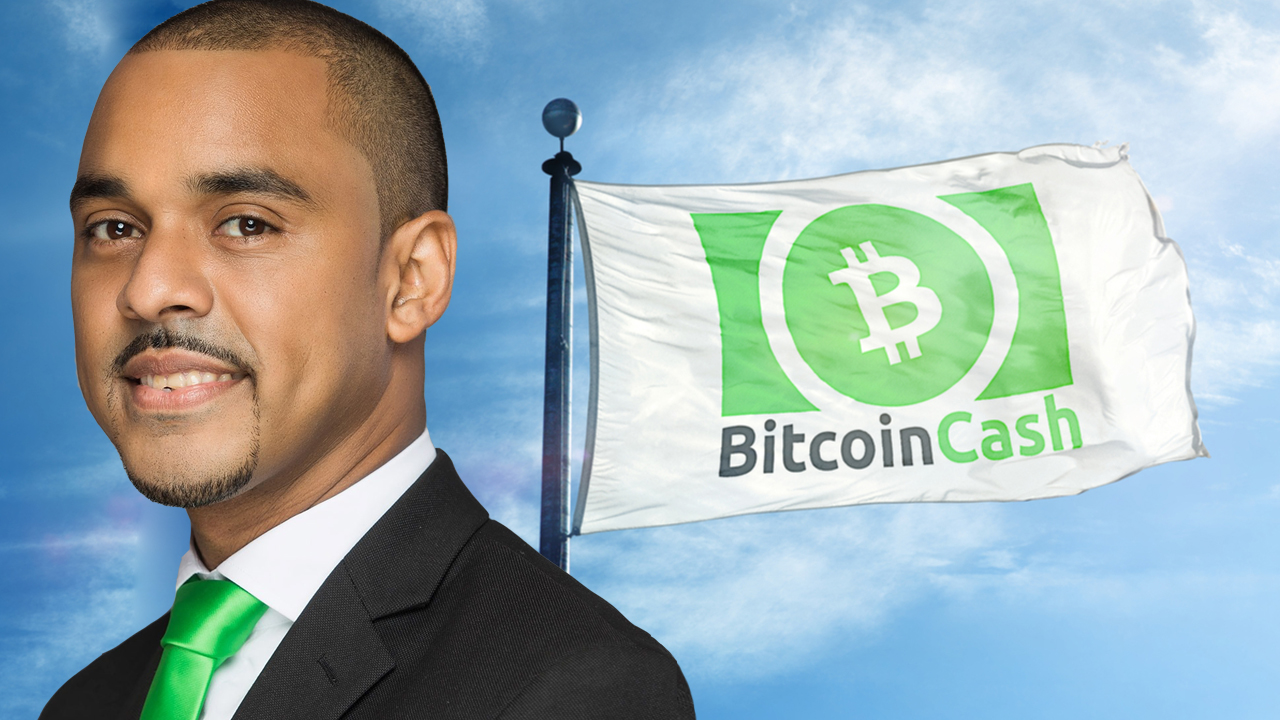
The liquidators said they would “commence disposals” of certain FTX Digital physical assets following approval from the Bahamas’ supreme court.
The joint provisional liquidators of FTX Digital Markets — the firm’s subsidiary in the Bahamas — has released a report on the company’s physical assets in the island nation.
According to affidavit filed by a PricewaterhouseCoopers partner with the Bahamas’ supreme court on Feb. 8, FTX’s joint provisional liquidators, or JPLs, said the company had purchased 52 properties in the Bahamas, including units “in the name of individual employees or relatives of SBF, despite FTX Digital providing the funding”. These properties, which included housing for FTX employees and commercial office space, were worth roughly $255 million and purchased by an FTX subsidiary.
The JPLs also identified “a fleet of vehicles” FTX’s employees had used around the island worth roughly $2.4 million, $500,000 worth of office furniture and computer equipment, and 13 leased storage units whose contents still need to be assessed. The liquidators said they would “commence disposals” following approval from the Bahamas’ supreme court.

It’s unclear where many individuals still employed at FTX amid bankruptcy proceedings were working. FTX CEO John Ray said in bankruptcy court on Feb. 6 that the company no longer had physical offices and was instead operating in the metaverse — though this may have been referring to FTX’s headquarters rather than local subsidiaries.
According to the JPL report:
“Most employees were no longer reporting to the FTX Digital office in The Bahamas for work. Many key employees of FTX Digital were expatriates who had moved to The Bahamas on employment visas, and it was subsequently learnt that many had physically left The Bahamas around the time of the appointment.”
The report followed the FTX debtors announcing on Jan. 6 they had reached an agreement with FTX Digital aimed at liquidating or disposing of assets tied to the Bahamas’ subsidiary. The Bahamas’ supreme court ordered all FTX Digital digital assets transferred to a wallet controlled by the Securities Commission of the Bahamas on Nov. 12 — one day after FTX filed for bankruptcy in the United States.
Related: Bahamas regulator denies asking crypto exchange FTX to mint new tokens
Bankruptcy proceedings for FTX are underway in the U.S. Bankruptcy Court for the District of Delaware. The judge in the case ruled on Feb. 8 that the FTX debtors were authorized to issue subpoenas to certain individuals including Bankman-Fried and his immediate family.


















